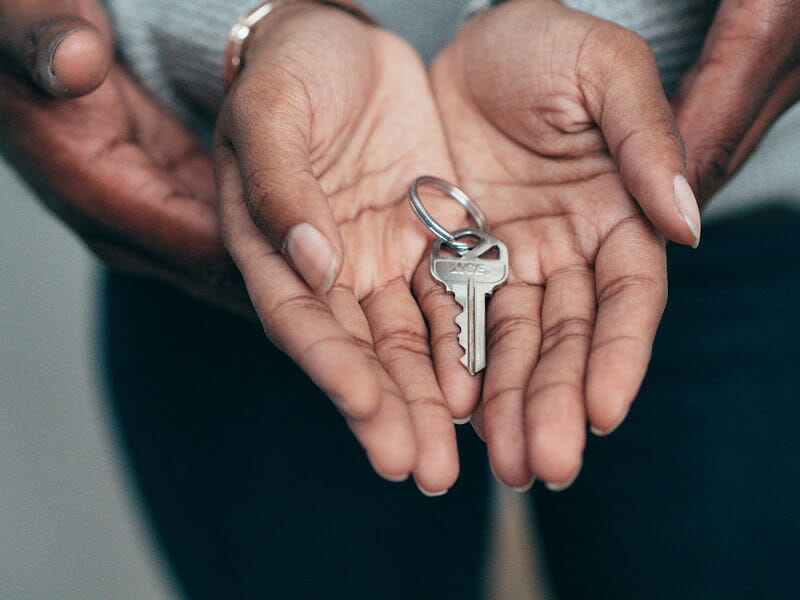Selling a home can cause conflicting emotions – excitement at the thought of moving on and some sentimentality at leaving so much behind. Once the major decision is made to sell a house, various factors need to be taken into consideration to ensure that the pricing is right – both for the seller and the buyer. Professional estate agents in upcoming areas in the South East, like estate agents in Blackheath, will be able to provide guidance for pricing.
Much will depend on the locality of the property, as estate agents in Beckenham will agree. Here are some of the issues that need to be looked into when pricing a house:
Local market conditions: It is wise to research your local property market to have an idea of which way it is moving – whether positive or negative. Also to get an idea of the value of property in that area. Sale statistics need to be looked into, which will show how long houses usually take to sell in the locality, the percentage of transaction collapses before sales go through and the average loss, the number of viewings generally taken before a house is sold, etc. These details will help in arriving at the asking price for your house.
CMA (Comparative market analysis): While conducting the CMA, some points to be considered are:
• Physical barriers and neighbourhood dividing lines, such as streets, railroads or freeways. Sometimes identical homes across the street can vary in price.
• The comparison should be made with properties built at the same time as the one you wish to sell. Otherwise, values can differ.
• Square foot cost comparisons need to be taken, remembering that larger homes have smaller square foot costs, whereas smaller homes have larger square foot costs.
Valuation of the property: An evaluation of the property by an experienced agency or valuer will help determine a fair selling price. For buy-to-let buyers, a property valuation will give an idea of what the market-related rent would be. For sellers, it will also give an estimate of the budget required for purchasing a new home and whether the price being asked for the new home is economical. The valuation will depend on the location, size and condition of the plot, topography and also developmental potential of the property in the future.
Generate interest in the property: The aim is to obtain as many interested buyers as possible and the pricing will be one of the major items to generate interest. Hence, the decision on the pricing should first be “What price will generate interest?” instead of “What is the highest price I can get?”
First impressions: These do matter and the way a house is presented can affect the buyer’s decision as well as the price. Hence, it should be ensured that the house is clutter free. Repairs and maintenance should be carried out so that all essential fixtures and fittings are in good working order. Adding light and space can work wonders when presenting a home. Furniture can be moved to provide more space and if natural light is not available, then if it is feasible, artificial light fixtures can do the trick to brighten the interior.
Inspection of the property: Most buyers will insist on a professional inspection of the property. This will prove that there are no flaws in the building or attachments Also, an EPC (Energy Performance Certificate) by a DEA (Domestic Energy Assessor) will be required before the house is put up for sale.
Room for negotiation: Bargaining is carried out even in the property market, so the seller should be prepared to negotiate on the price. Perhaps by asking for a 5-10% increase on the price you would like to get would leave room for such negotiation. Of course, if you are in a hurry to sell, you may have to offer a lower price. However, by advertising that the property is “priced to sell quickly” with a “best and final offer” date, you are likely to draw cash buyers, where the transaction can be concluded quickly. The “best and final offer” date usually leads to interested buyers offering good deals, sometimes above the asking price. However, if there is no interest shown, then very low offers may be given. However, an offer need not be accepted, as it is not legally binding.
Additional closing costs: When pricing your house, you should consider the additional costs such as valuation and inspection fees, repairs, insurance costs, stamp duty and other administrative costs.
Conclusion: The pricing of a house is of utmost importance. If it is priced too high, the appealing novelty will wear off soon. If priced too low, many offers will be received which, in turn, may increase the asking price. Ultimately, as one of the award winning house seller advisors mentioned, “A house is worth what a buyer is willing to pay (subject to them being able to raise the required finance)”. With this in mind, and taking into account the above suggestions, you should be able to arrive at a worthy pricing for your house.




